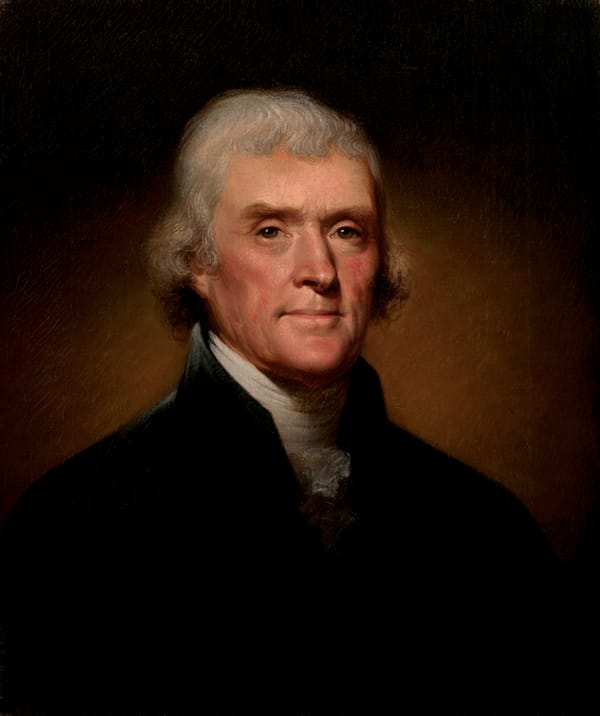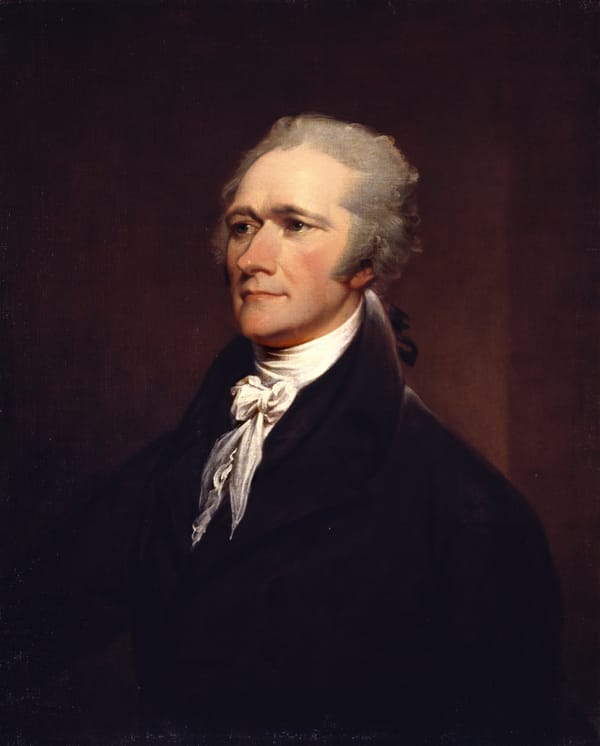Note on Constitutional Perspectives Titles
Hi all!
This is a small housekeeping note accompanying today's Constitutional Perspectives lesson. When I published my two lessons on the structure and powers of Congress, their titles began with "Article I:" You might therefore have expected today's lesson to be titled "Article II: The Structure of the Presidency." But it isn't. The first part is missing.
And in fact, if you go back and look at those lessons on Congress, they're missing the "Article I" now, too.
Why? Well, partly because I was looking forward to the upcoming lessons on things like federalism that aren't really confined to a single Article of the Constitution. I could go with, say, "Article IV: Federalism." But that's not quite right. Article IV does deal with matters of federalism. But the federal aspect of the constitutional scheme, to say nothing of the constitutional law of federalism, is hardly confined to the stuff in Article IV. And so if I am not going to stick to that title structure, I wasn't sure I wanted to use it at all.
But of course, even the three branches are not solely covered by a single Article. The Presidency is actually a great example, because one of the very most important of the President's powers – the veto – is described entirely in Article I, not Article II. And of course Congress has miscellaneous powers from all over the place. My discussion of these institutions is not meant to be limited only to the stuff in their particular Article, and I didn't want the titles to imply otherwise.
This is really a broader point, though. There's a tendency to assume that the work of constitutional law consists of interpreting a text. I try to resist this framing, which naturally encourages so-called "clause-bound" interpretation: the idea that every constitutional question is essentially about the construction of a single provision, and thus that if there is no provision directly on point, there is no constitutional law on the subject.
Those familiar with the modalities of constitutional argument know that this is a highly incomplete view. The Constitution is an organic system only partially described by the text. Article I creates and structures Congress, but Congress is more than just Article I. It is an institution, a web of power relationships with a logic of its own, only a small part of which is spelled out in the text.
I try, therefore, not to organize the various topics of constitutional law textually. For purposes of Level One, I prefer to organize them by institution or aspect of the constitutional scheme. When we get to Level Two, I will be organizing by question: each module of Level Two will discuss a particular question about how the Constitution works.
Hence the change in titling conventions.

